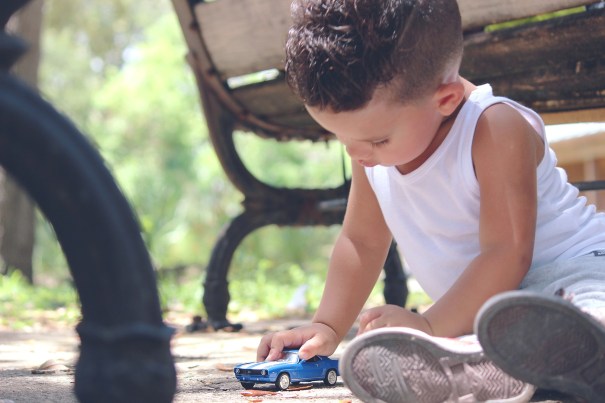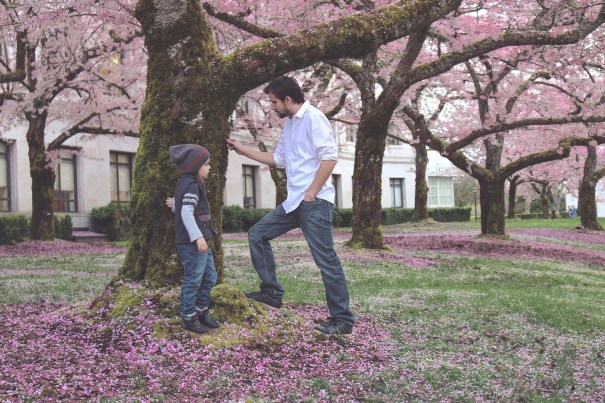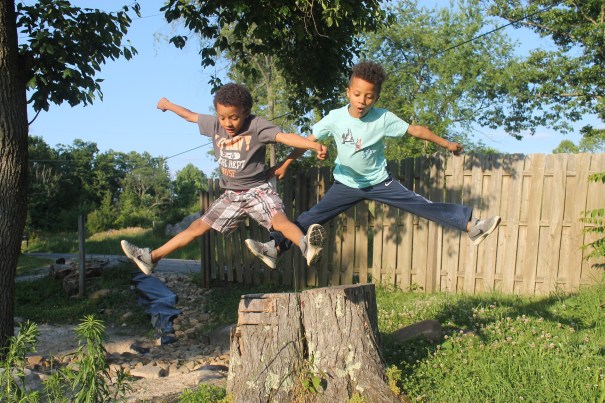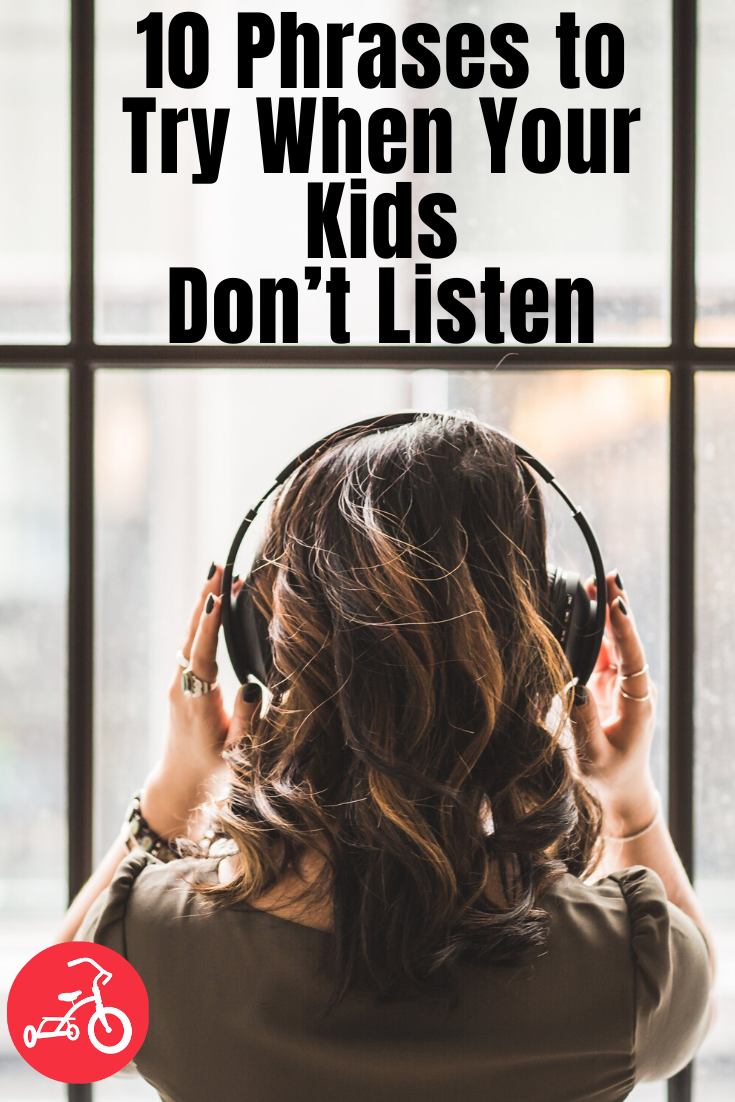If there’s one thing parents learn rather quickly, it’s that the words “kid” and “listen” are not always compatible. It’s easy to become frustrated when you think your little one isn’t paying attention to your words, but remember, sometimes active listening takes a little bit of practice. Here are 10 positive parenting solutions to help you stop yelling at your kiddos and get them listening.

1. "I don't like it when you do that."
Amy Morin, LCSW, author of 13 Things Mentally Strong Parents Don't Do, encourages parents to stay as calm as possible when reacting to their kiddos, even if the frustration level is high because they're not listening to you. Instead of getting angry and saying, "You're not listening to me," respond with saying you don't like it when they're not listening, and explain why and how it makes you feel. That also helps kids understand how their behavior affects others.
2. "What do you need to remember?"
Like many adults, kids sometimes tune out when they hear the same phrases, even if they're important ones. So instead of constantly reminding your kiddo, "Don't forget to wash your hands before lunch," try asking them what they need to remember before eating lunch. This will help them to express it back to you and take ownership of that important pre-eating task.

3. "Do you want to leave now or in 10 minutes?"
Sometimes there's nothing more frustrating than when your little ones refuse to listen when you need to leave the house. Instead of raising your voice so they'll listen, try giving them some control of the situation by enabling them to choose when you leave. Asking if they want to leave now or in 10 minutes means you're leaving, but they get to control when it happens.
4. "Show me."
Sometimes we assume our kids aren't listening because they're not responding in the way we think they should. Lauren Tamm, the author of The Military Wife and Mom, suggests asking your kiddo to show you they understand or demonstrate what they may not be able to articulate verbally.

5. "Can you help me with this task over here?"
Do you feel like you're constantly telling your kiddo to stop doing something, and they don't ever listen? Next time that happens, try a new approach. Instead of telling them to stop, divert their attention by asking them to focus on a new task.
6. "Take a breath, and ask me what you want."
Sometimes getting your kiddos to listen when they're in the midst of a tantrum can be an Olympic sport in itself. Instead of continuing to repeat the same things to your kids and them not responding, try changing the dynamic of the situation. Get them to focus on calming themselves by taking a breath, and encourage them to ask you what they want.

7. "You realized you got hurt when you jumped off the chair landed on the ground."
Kids often do things they shouldn't, like jumping off chairs, that could risk them getting injured. And no matter how many times you tell them to stop, they just don't want to listen to your warnings. Dr. Brenna Hicks, a child psychologist, suggests that the next time this happens and they do get hurt, use a phrase such as the one above so it acknowledges they figured out the problem and is also showing some empathy.
8. "Do you need to have a few minutes to yourself?"
When your little one is not listening or throwing a tantrum, saying something like this is a somewhat more positive way of communicating the consequences of not listening. You're also giving them the choice to control their behavior, and therefore, giving them some control over the situation.

9. "Your actions tell me you're too tired to play today."
Be sure to take queues from your kiddo's body language to learn why they may not be listening to you. Maybe your child isn't listening because they are tired or hit a mental breaking point for the day, and the only way they can communicate is through not listening to you. Show them you understand by commenting on their actions, not the fact that they're not listening.
10. Say their name, and give a pause
When a person hears their name, it provokes a different response. So the next time your little one is not listening to your instructions, change the dynamic a bit, and use their name when you speak. Follow their name with a short pause so they have time to respond.
—Leah R. Singer
RELATED STORIES:
13 Things Mentally Strong Parents Don’t Do
3 Tips to End Your Dr. Jekyll & Momma Hyde Parenting
How Positive Parenting Saved My Relationship with My Teenage Daughter
11 Positive Parenting Tactics to Try First—Before You Lose Your Cool
